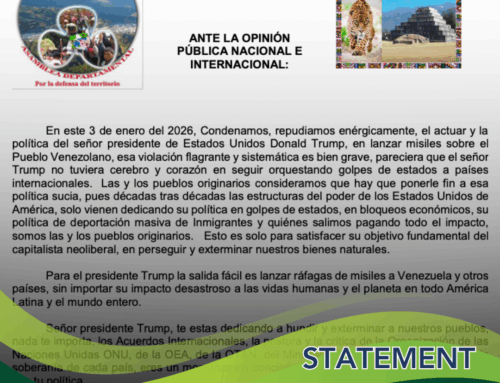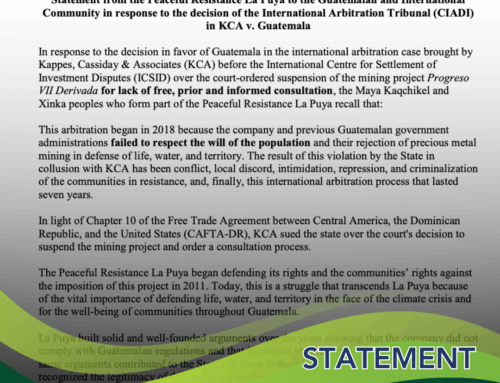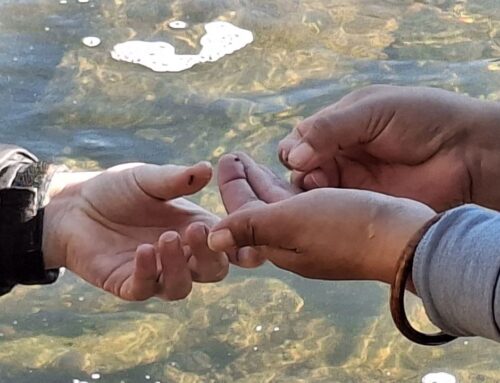According to a communique published on the site of the Ministry of Energy and Mines (MEM), “The agreement signed by the government of the republic and the Chamber of Industry of Guatemala, which includes the Union of Extractive Industries (GREMIEXT), will allow for the royalties generated by the mining of non-precious metals to be raised from 1 to 3 percent, while those derived of the mining of precious metals (silver and gold) will be raised to 4 percent. The royalties to be paid by Montana Exploradora, for the gross sale of gold and silver, was fixed at 5 percent.” The communique explains that the agreement will remain in effect until such time as a new mining law is approved by the Congress. Likewise, it points out that the measure will automatically expire should the price of the minerals in question fall below certain values: in the case of gold, US$975.00 per ounce.
En an interview published by the online newspaper Plaza Pública, the former Minister of Energy and Mines under the government of Álvaro Colom, Luis Ferraté, added his voice to the critique, declaring that “Even raising the royalties from one to two, three, five percent has no impact. The mine should give 20 or 30 percent. I do not accept this proposal because it’s a way of saying “we’re doing something, while the law comes into being, while they do this or that,” and this “while” can be years, so no. The population is going to defend its territory.”
Introduced to the Congress in November of 2010, a law initiative that would not only permanently raise to a total of 50% of company profits the royalties to be paid by mining companies (25% for the affected municipalities and 25% for the central government), but would also demand full compliance with the Guatemalan state’s obligation to obtain the free, prior, informed consent of indigenous peoples before granting licenses for mineral exploitation in their territories, remains in discussion within the Energy and Mines Working Commission of the legislature.






Leave A Comment